Welcome to Studio Styles and to Sweet Medicine, new followers :)
Immaculata here. or Nneoma.
It’s been a very interesting week for me. This essay episode is my biggest triumph of the year because na only me and God know wetin I put inside am, but that’s the story for another another day. The mental/psych/emotional struggle of sustaining a somewhat extreme focus on this one thing continues. Let me give some bts insight here.
Though we can honestly point this project’s origin to 2021, I began focused research in April while I worked part-time on Archives of the Nigerian Left. There was the Lagos Studies Association conference and the post-Memory post-Archive workshop in June, during which I did more fieldwork and guest scouting. And had my first interview—with Amarachi. I also started working with my design, reporting and research teams there. Then July came and I had 9 more interviews, which entailed more research, some preliminary calls, and just a lot of navigating bad network wahala. All this while, I was running the SS Text Club so I could discuss my readings with people. August, two more interviews then I retreated so all this stuff could marinate. Also, it’s my annual birthday tradition to touch base with myself and this year’s retreat was much needed because by then, I had moved home thrice in 8 months and was nursing a heartbreak.
Since September, I have been editing non-stop. (Which is also to say, I’ve been re-writing non-stop). Also, one interview there.
Even though I’ve been practising my sound and video editing skills with my Oroko radio show, a couple personal projects and free videos for friends and family, I had planned to take a more directorial role in the editing for this podcast. However, plans had to change when I started asking around and either the people I wanted cost more than I had budgeted or we were just not speaking the same language. Also, the conversations with guests were 2 hours long on average and I had left every call feeling like everything was important, so I wanted to be super involved in the trimming process.
I decided to just go ahead and trim into chunks first so I could analyse the episodes individually which I needed to do to design the arc of the essay episodes, and to arrange the entire podcast into a cohesive story. I took this project as a final-year dissertation of sorts and saw my interviews as both the outcome and the primary source material for analysis to inform the essay episodes.
The trimming process was tedious, but I gamified the process as usj and that helped. (If there’s a next time, I’ll try doing the trimming immediately after each episode but on the flip side, it’s a different energy space from the energy space of interviewing and interview prep and I’d hate to shuttle back and forth.) As for the process of making connections among the interviews, that felt like a puzzle where all the pieces are the same colour. I decided to just find the edges of the puzzle and hold that there. The ‘clay-throwing’ stage of writing also came in here.
Around this time, things started to feel serious like woah, October (publishing deadline) is around the corner and that’s when the mental torture began. My sister and I took to calling the stressful thoughts cockroaches, the way the thoughts would just boom appear from no where with a scroll of the many ways that strangers, Nigeria, the government, my family could/might disapprove of what I’m doing and throw rotten eggs at me. (I did try to verify that the thoughts weren’t just in my head and indeed got the ‘this is bullshit’ (more or less) I was looking for.) The cockroaches kept coming and depending on what time of the day it was, if morning, it was hours of taking notes and going back and forth because there was useful feedback in there, if evening, it was hi guys, go off, me I’m going to sleep.
In the seven weeks between then and now, I’ve taken part in 2 podcast-unrelated but history-related workshops, one in Jos, one in Abuja. Taken a professional exam. Had two periods, a couple three-day migraines and one or two other body hard-stops. Did some Somolu-Mushin samples print run for my magazine and shared my process on that in an event with the Goethe-Institut in Lagos. In between all this bouncing around, I’ve been waking up at 3/4am (I sleep 9+ hours, dw) to shave those September audio chunks and produce what you’ve been listening to. The only way I have managed to send out these 2/3 episodes per week for the past six weeks is because even when I’m sleeping, the next episode is all I’m thinking about. The tunnel vision has been real.
(Please this is not an endorsement of this kind of labour. It is temporary. My parents can’t wait for me to be back to doing more around the house. I can’t wait to go back to working only 9-5 on weekdays, to eating and exercising well, reading long stuff for fun, watching Netflix, socialising, etc.)I’m getting to the end of things and I’ve grown in my hope in life and my faith in imagination. Where I am today is in stark contrast to where I was in 2019 talking to my final year supervisor at uni about my future plans and honestly just blurting out: Every option ahead of me is a terrible option.
I’m in love with the moments where people decide to dig deep into themselves and find the audacity to do that which they hearts call them to do for the good of all. It’s been 8 months of imagining and discussing hopeful visions of what Nigeria can be… how else we can be… how loving, compassionate, responsible, reflective and audacious we can be, individually and together. I dare say 8 months of falling in love with—and finally feeling at home in—Nigeria (which, lol, is one of my insecurities/embarrassments because I feel bad for loving Nigeria at such a horrible time like this 😭). Thank you to the Open Society Foundations and to all my collaborators for enabling this gift.
I can only hope that you’re receiving some of this spirit of informed-hope, inspiration and freedom when you listen to any of the episodes.
On the podcast this past week,
I shared an essay that began as my undergrad History dissertation in 2018.
‘Why Nigeria in the first place?’ is me making a case for my belief that everywhere we look, we can find manifestations of prevailing systems/structures of power. That everything can be read. I asked guns and spirits in colonial Nigeria what they had to show about why Nigeria was created and this essay/episode has the answers. Listen above.
The interviews??? Damn. In under one week, Mr. Israel’s episode has been listened to more than any other episode. I wonder what happened there, did someone broadcast it somewhere? It was a great conversation and a special one to me, partly because I met Mr. Israel in secondary school. He used to travel all the way from Benin with some of his students to my secondary school to direct our annual plays in honour of the students who died in the 2005 Sosoliso plane crash.
And Obayomi’s episode is a conversation I’ve been wanting to have since 2017 when he won the Lagos Photo x National Geographic Portfolio Review prize for his project on student squatters in the University of Lagos. The artist in me has a favourite episode and it is this one. Like Obayomi, “I think that art should live and die.”
Enjoy!!
Please spread the word, rate the show or leave a comment if you enjoy an episode. Word of mouth goes a long way. Here’s some of what people said this week:
Why Nigeria in the first place? (Guns and Spirits)
listen above
Many of us know the Berlin Conference of 1884, otherwise known as the scramble for Africa which was where European leaders decided how to share Africa like moi moi among themselves. But a lesser-known but equally important conference was the 1890 Brussels conference that King Leopold II organised as an anti-slavery conference. The agreements made at this conference were enshrined into an act titled: The Convention Relative to the Slave Trade and Importation into Africa of Firearms, Ammunition, and Spiritous Liquors.
This episode is about firearms, ammunition and spirits—what these objects that were so central to the slave trade can tell us about why Nigeria was made.
01:28 The lesser-known 1880s B* conference
03:39 ‘Firearms, Ammunition, and Spiritous Liquors‘
08:50 Negotiating power and identity/Local Agency vs. Colonial Control
15:11 The Iva Valley Massacre
“There are no small roles, only small actors.” - Israel Meriomame Wekpe
(Acast link)
Mr Israel Meriomame Wekpe is a lecturer in Theatre Arts at the University of Benin and an all-round theatre practitioner. This was a conversation about the challenges of teaching in Nigerian universities today, the art and spirituality of theatre, theatre as a reflection of society, the role of play in education and stories from his past as a student, including a stint as Maggi Cook of the Year in 1995 as a 300-level student.
03:36 Meeting Mr Israel/in memory of the 60 Angels
05:56 Challenges in Nigerian Higher Education
12:30 The Art & Spirituality of Theater
20:16 The Role of Theater in Society
22:06 Personal Tragedy and Its Influence
25:05 Socialization and Responsibility in Nigeria
Full transcript is not yet live but will be on this page.
“I think that art should live and die.” - Obayomi Anthony
(Acast link)
In this episode, I speak with Obayomi Anthony, an award-winning documentary filmmaker, photographer, and visual artist. Our conversation began with a discussion about his background and journey to becoming an artist, with a focus on the project that put him in the limelight: Bonafide Squatters. Then we went on to talk about his recent research project on Nigeria’s colonial origins where he went into the archives at the Lagos Museum to ask what motivated the Nigeria-creation project. I believe with him that art is a space for conversations.
01:07 Living with Graphic Designers, Becoming an Artist
09:39 Becoming a Documentary Photographer
13:17 Bonafide Squatters: Addressing Student Housing Issues
20:15 Art is a Space, not a Thing, a Space where Souls Connect
30:06 Cognitive Dissonance in Nigeria
35:12 Technology for what?
43:20 The birds that left home; seeing Nigeria from top to bottom
Full transcript is not yet live but will be on this page.
Follow and listend to the Sweet Medicine podcast on Spotify, Apple Podcasts, Amazon Music and more.





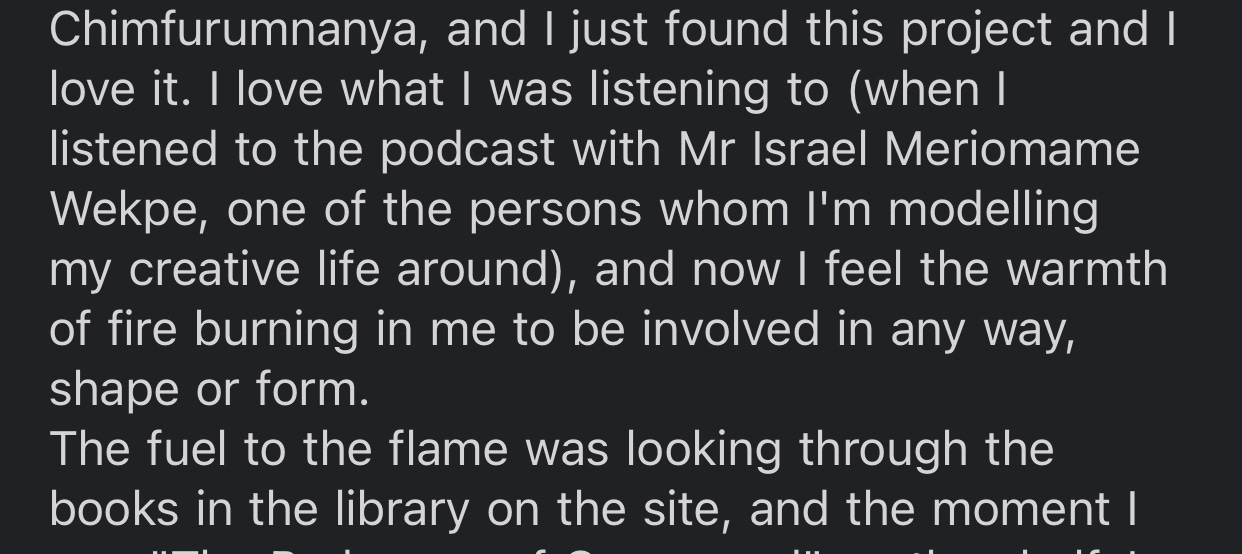
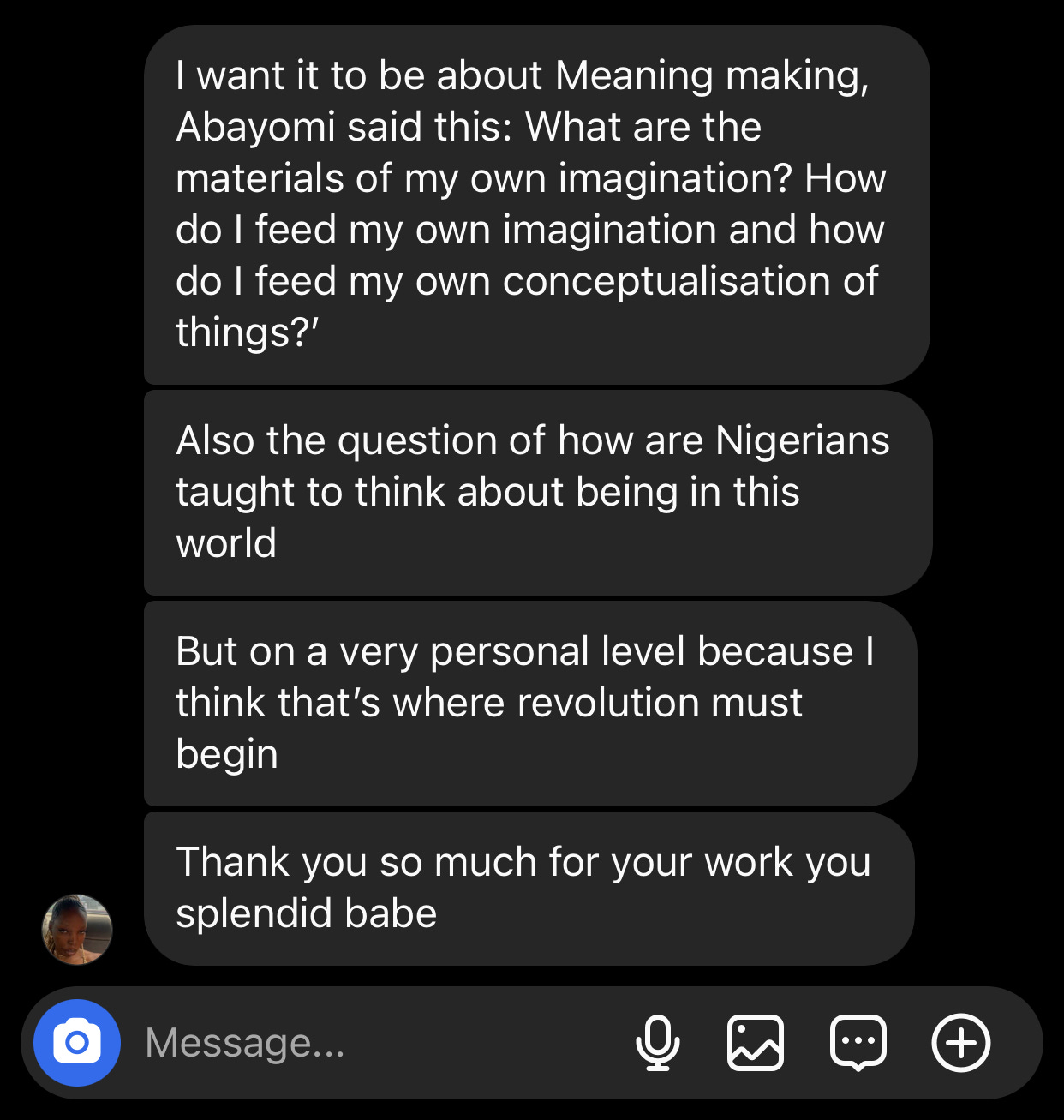
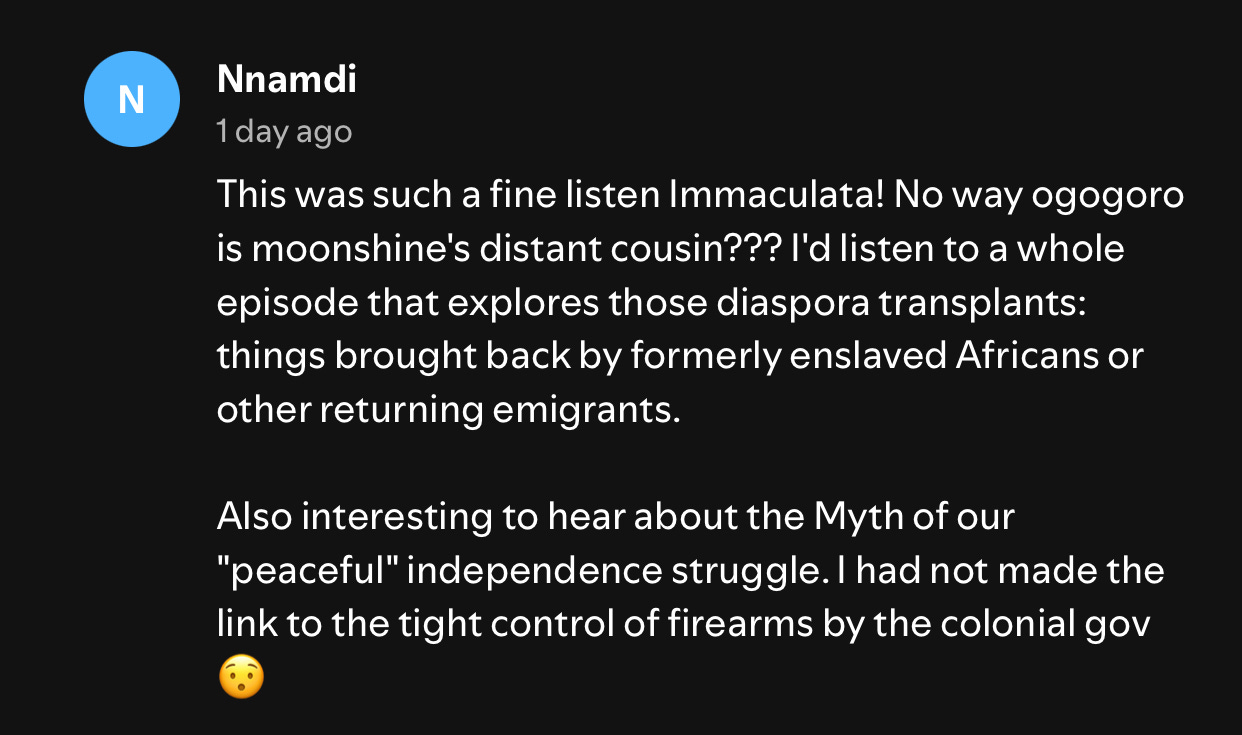
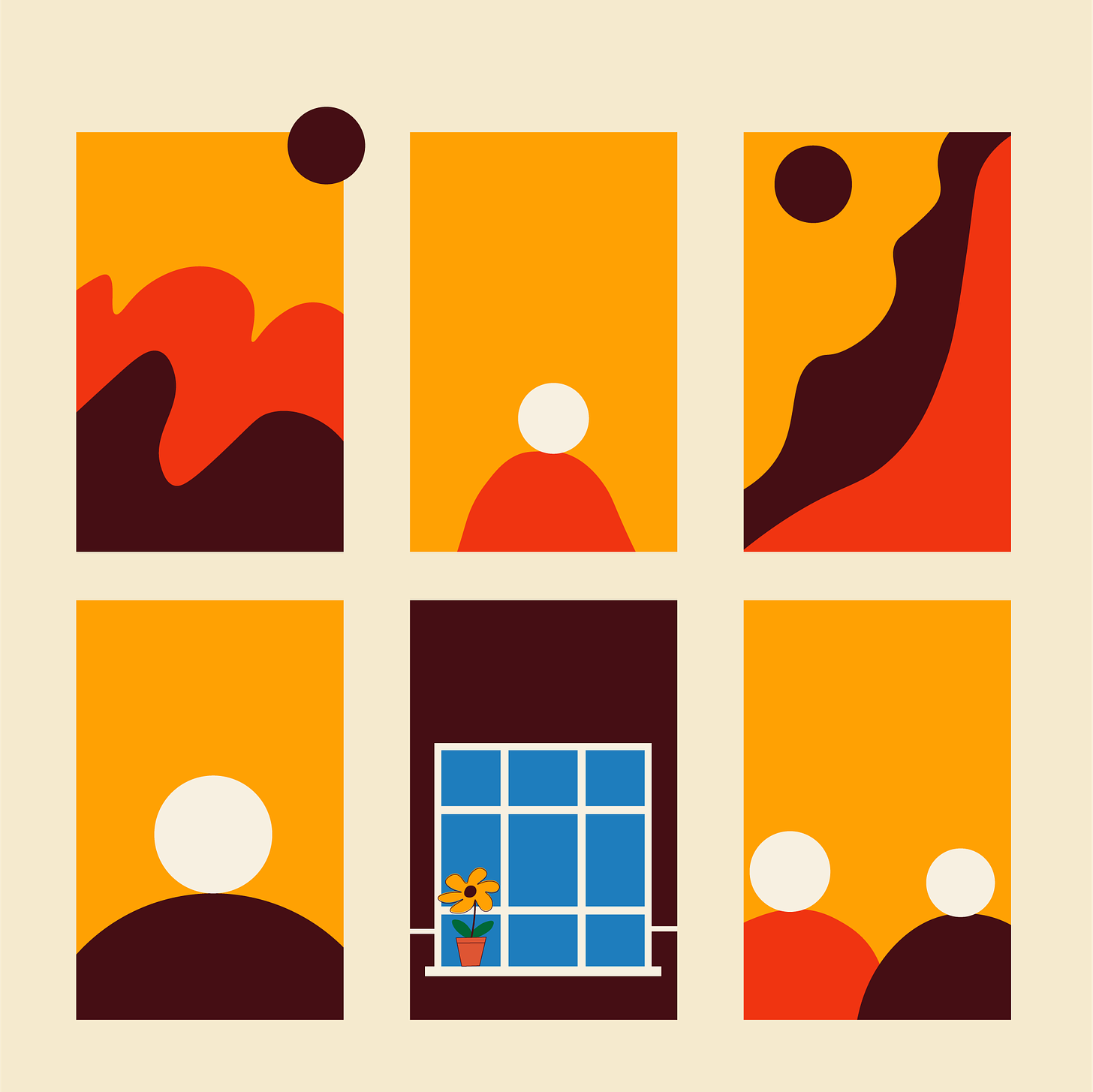

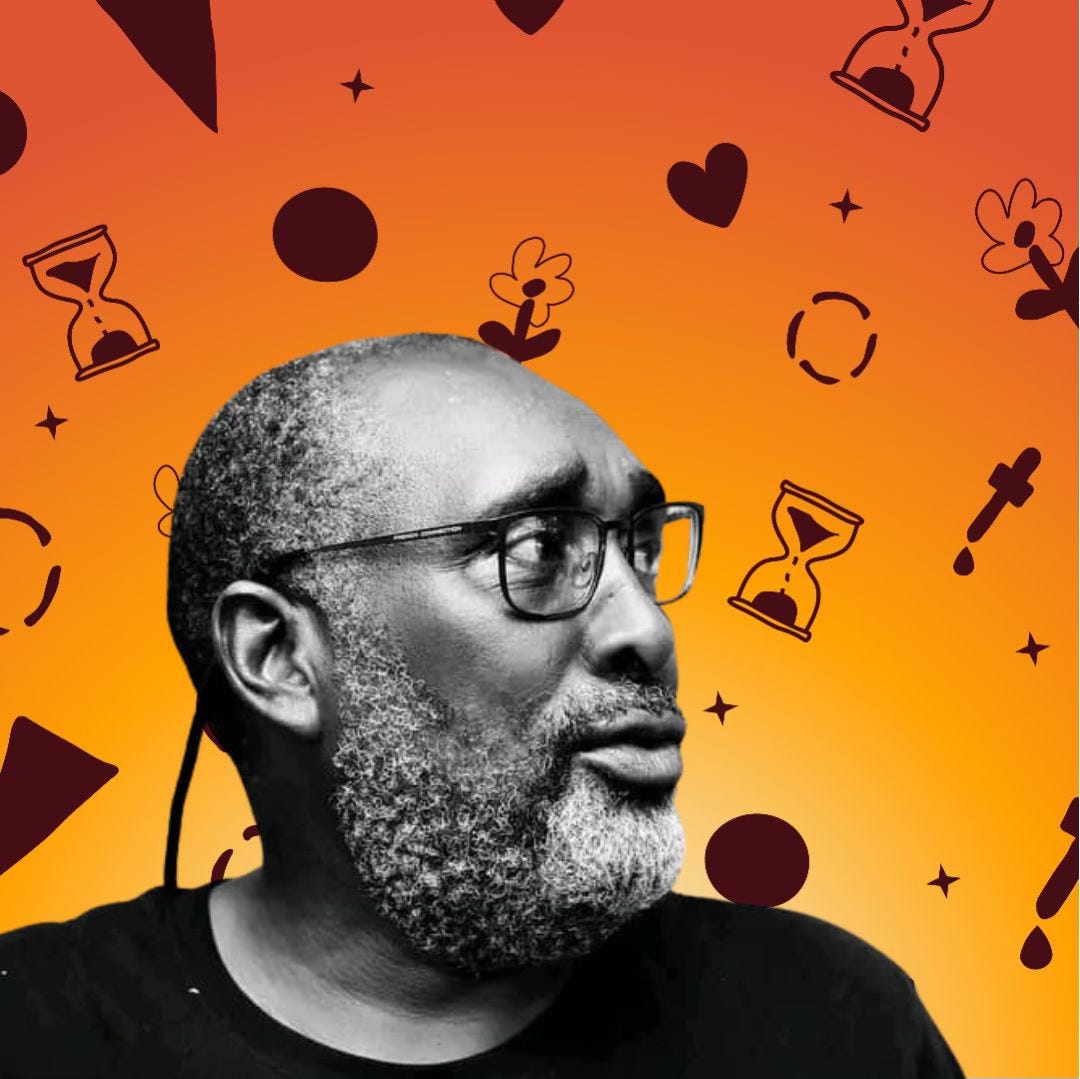
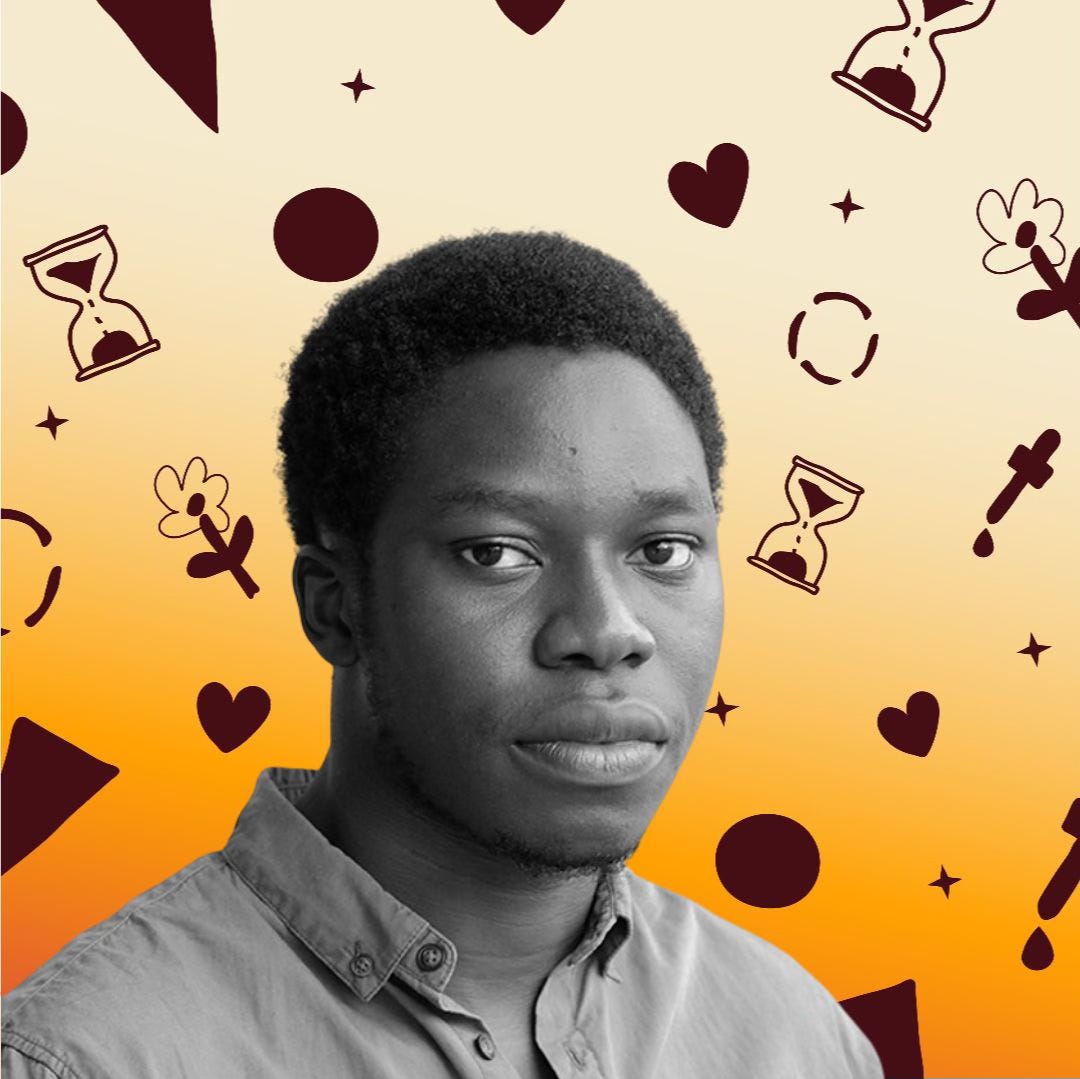


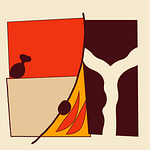





Share this post